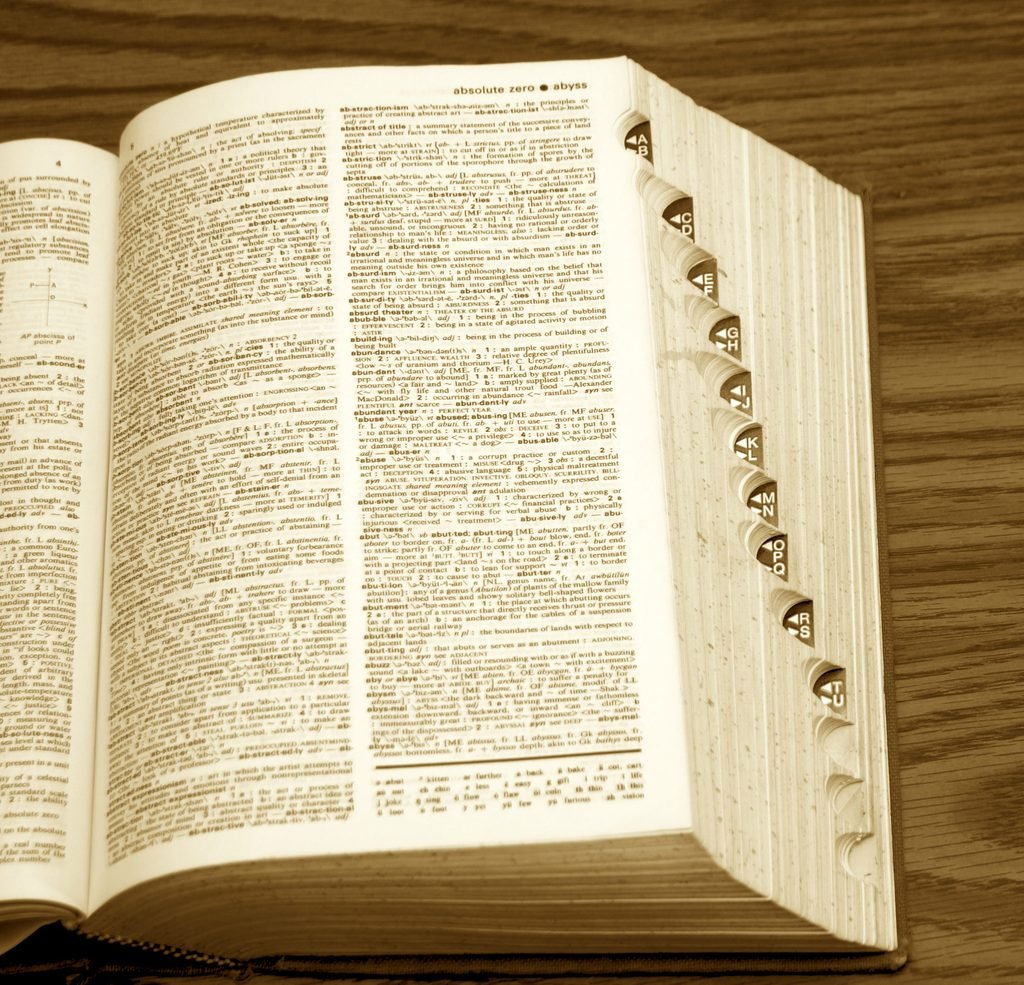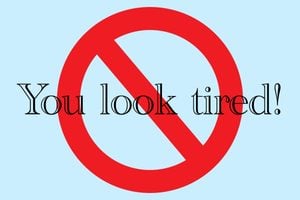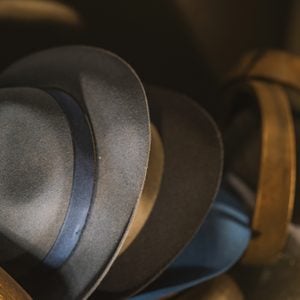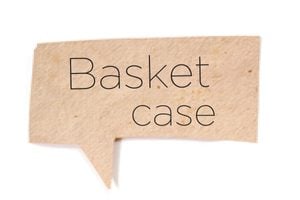Here’s How Words Get Added to the Dictionary
Updated: Nov. 21, 2023

Just look it up—or look here to check out the dish on dictionaries that logophiles will love! (Logophile means word lover!)
What’s the deal with new words? Where do they come from and how do they go from obscure to official? First, new words have to circulate in culture to make it into the dictionary. They have to be used and understood. Words have a much better chance of getting added to the dictionary if you see them in print or hear them in conversation. It’s actually a full-time job to scour popular communication to figure out what new words are surfacing in our vernacular. According to Merriam-Webster, America’s oldest dictionary first published in 1806, “dictionary editors read actively, looking for changes in the language.” Inspired to try reading the whole dictionary? Here’s how long it would take you.
What’s a lexicographer and what do they do?
Are you a logophile, aka someone with a passion for words? If so, being a professional lexicographer may be the ideal job for you. Lexicographers get to decide which words make it into the dictionary, and they do so by reading widely across industries and disciplines. However, they also make decisions about which slang terms make it in. Lexicographer Kory Stamper calls the dictionary “a human document, constantly being compiled, proofread, and updated by actual, living, awkward people.”
How many words are added to the dictionary each year?
Dictionaries can sometimes get over 1,000 new words per year. So far, in 2019 the Merriam-Webster added over 600 in April and another 500+ in September. After lexicographers decide which words warrant inclusion, they write a new definition. Some existing words also gain additional meanings, and there are usually thousands of revisions. The dictionary is a constantly evolving work-in-progress, just like the language it describes and defines. For instance, the word “peak” recently went from being just a sharp, pointed end to also being something at the height of popularity. Occasionally fake words actually end up in the dictionary by mistake.
What are some new dictionary additions for 2020?
It’s been an unprecedented year in general, so it’s no surprise that lots of new terms have made their way into the dictionary. In April, Merriam-Webster added new words related to the isolated, hyper-hygienic world we’ve been living in due to the COVID-19 pandemic. New dictionary additions include “self-isolate,” “contactless,” and “forehead thermometer,” as well as abbreviations like “WFH” for working from home and “PPE” for personal protective equipment. In fact, their COVID-19–related terms were added in addition to the usual slate of 535 new words and definitions. Some more fascinating (and telling) additions for this year include “deepfake,” “fan art,” and “truthiness.” Here are 15 fascinating facts about dictionaries that will make you want to read one right now.
What if you have a slang word that’s perfect for the dictionary?
If you have a word that you think should be in the dictionary, you’re welcome to get in touch with the lexicographers and suggest it. However, the word needs to be fairly popular and in use by way more people than just you and your friends. It has to have “widespread, frequent, meaningful usage.” For instance, “OMG” was added to the dictionary in 2009 after lexicographers had observed it in general use for about 15 years. Discover 30 slang terms from the 1920s that need to make a comeback.
What’s a neologism and how can you create one?
Neologism is a new word—one invented or coined that’s not been in use before. The etymological origins of the term are Greek for “new” and “word.” New words spring from new technologies and disciplines, but they’re very often invented by logophiles, by authors and writers who love language and play with it to create new meanings. One of the foremost “neologists” (that’s not in the dictionary yet!) was William Shakespeare who’s credited with creating over 1,700 new words often by adapting usage and using new compounds. He’s responsible for words like eyeball, hobnob, swagger, and zany. Such words are also called “authorisms,” words created by a writer, like “hard-boiled,” invented by Mark Twain. Next, find out how (and why) words get removed from the dictionary.
Sources:
- Merriam-Webster: “How a Word Gets Into the Dictionary”
- Merriam-Webster: “About Us”
- Merriam-Webster: “Logophile”
- Merriam-Webster: “Lexicographer”
- Merriam-Webster: “We Added New Words to the Dictionary in April 2019”
- Merriam-Webster: “We Added New Words to the Dictionary for April 2020”
- Merriam-Webster: “‘Has Your Mother Sold Her Mangle?’ Slang and the Dictionary”
- Merriam-Webster: “OMG: The Internet and the Dictionary”
- Shakespeare-online.com: “Words Shakespeare Invented”
- The Guardian: “The top 10 words invented by writers”



